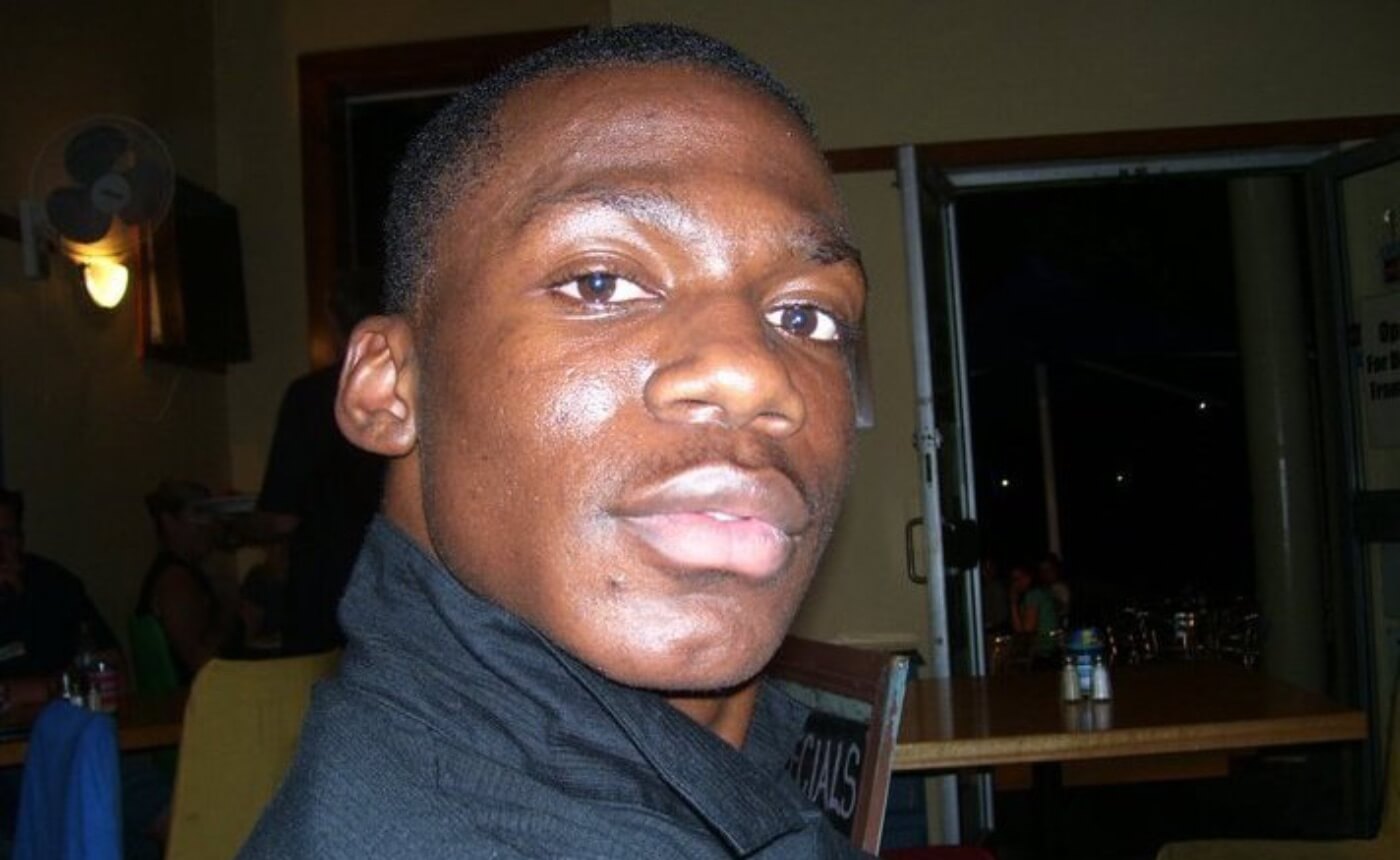“You ever think we’ll make it out of this?” My friend, Terry, asked this question a lot. In the South Side Chicago of the early ‘90s, this was something you just think of as a Black kid. You accepted it as a fact that you’d live and die in the ghetto.
As usual, I nodded my head, lying, to give him hope: “Yeah, probably. I bet we will.” Didn’t matter. He was shot dead the next week. We were nine.
This was commonplace in the projects like mine. Nicknamed The Hole, The Robert Taylor Homes were among the most dangerous in the city. You didn’t make it out of The Hole—you fell back in, or got buried in it.
And the architecture sure did make this seem like an experiment, a project, and we were the subjects. Chain-link fences zigzagged along the sides of the building, like a maze for a rat, where walkways showed proof of how distant the rest of the world was from 16 stories up.
I would place my hand on the fence, much like a gerbil testing its glass prison, and I’d stare out at parts of the city I’d never been, would likely never see. Playgrounds. Chain stores. Ice cream trucks. I could leave anytime I wanted to, but I knew I’d always have to come back here, to my cage, be a good little monkey.

Maybe that’s how the government saw all of us… some simple, native creatures foolish enough to accept the inadequate conditions our experimenters provided. They did not care how many of us died. As long as they had more subjects, as long as they could continue the project, harvest data, let us run wild inside two square miles, what did it matter?
But I was lucky. I made it out of the Hood. The military had been my answer to oppression.
I joined the Navy in 2004, the year before Hurricane Katrina. During the storm, my ship, which had enough supplies and space for about 300 people, did nothing. My normal assignments as an Information Systems Technician were curtailed, and I became a messenger, informing my shipmates that someone in their family had died because of Katrina.
I’d pass them a Red Cross message, a courtesy response from the Red Cross to let service members know when someone passed in the family. I’d say things like “It was your sister,” or “Your parents just died.” After about seven of these messages, I became numb. When I left the military in 2008, my demons followed.
The nightmares. The PTSD. The emerging bipolar disorder II that I had no idea existed. It wasn’t until I started hearing voices, seeing things no one else saw, and questioning reality and whether or not I was asleep and if maybe suicide would wake me up, that things became dangerous.
In 2014, I consumed cocaine, MDMA, and took 60 sleeping pills that I’d let dissolve in Coca-Cola for several days, then waited for death. Instead, my then-girlfriend called the ambulance when she saw me in a drug-induced delirium.
I went to a hospital in Brooklyn, and finally to the Veterans Affairs psych ward in Manhattan. On top of the delusions and paranoia, I’d become uncomfortable in my skin, muscles, and bones. Before I’d had what was being called a psychotic break, I just assumed everyone was lying to me about my grandiose behavior.
I was admitted on a Friday afternoon, greeted by a sea of Black faces like mine, and a couple white. Two heavy, wooden doors closed and locked behind me.
Based on the ratio of men of color to Caucasians, one could have easily mistaken this for Rikers. I was given maroon hospital pajamas that smelled like homelessness, a scent I’d learned well when I was homeless. The lights in the corridors were too bright. I was struck with a feeling of being alone in the wilderness without a flashlight.
I remember pacing across the linoleum on that first night in the psychiatric unit. A wicked grin formed because my face muscles couldn’t stand to be still.
I was placed on the wrong cocktail of medication, and my symptoms grew worse. Suspicious of everything, a slight dip or spike in temperature made my skin shriek. My brain told me someone was coming to r*** me, so I barely slept.
VA facilities are also training hospitals. While on improper meds, my doctor-patient confidentiality was breeched by an army of wide-eyed interns.
Fortunately, before the end of my month-long stay, I gained equilibrium.
My life had been mostly stable before the pandemic. The worst thing I could complain about was poor relationships. However, when I couldn’t get my meds from the Department of Veterans Affairs, the nightmares crept up on me again.
I caught coronavirus the same week one of my best friends died from it. Crippled with thoughts of suicide and distanced from medical care, video games became my therapy. Doctor-patient video conferencing has also been a great resource, but the pandemic rages on. Fingers crossed, my past won’t destroy my future.


